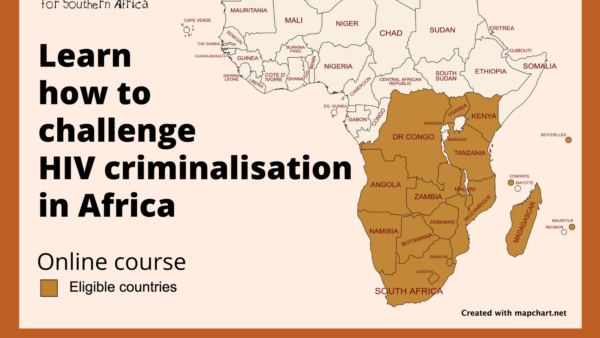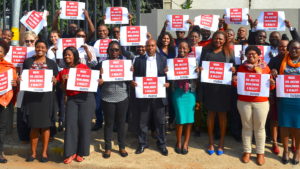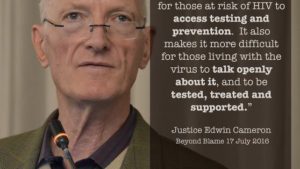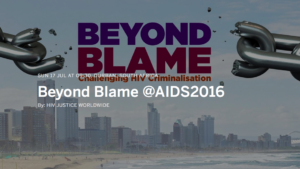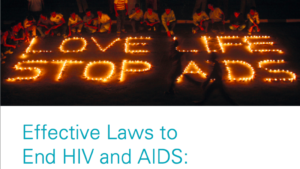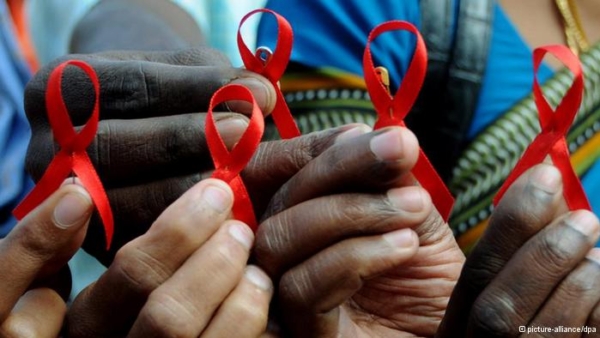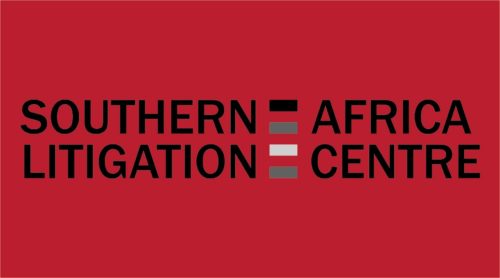Overview
South Africa does not have an HIV-specific criminal law due to advocates actively engaging in law reform processes to preclude the introduction of such laws, despite a number of attempts to do so. However, HIV ‘exposure’/transmission cases have been prosecuted in South Africa using the laws on attempted murder and rape.
In 2001, the South African Law Commission undertook a comprehensive review of the need for an HIV-specific criminal law, concluding that an HIV-specific law would “have no or little practical utility; the social costs entailed in creating an HIV-specific statutory offence/s are not justified; and an HIV-specific statutory offence/s [would] infringe the right to privacy to an extent that is not justified.”
A 2003 Criminal Law Amendment Bill sought to define non-disclosure of HIV status prior to otherwise consensual sex as rape, but that definition was not included in the version of the bill that was approved in 2007. Instead, South African law can require HIV-antibody testing for suspected sex offenders and, where the accused is found to be HIV-positive, that can be used to increase the sentences of the offender.
We are aware of five cases in South Africa in which alleged HIV ‘exposure’ or transmission was prosecuted as attempted murder, though in none of these was there any proven intention to transmit HIV, and in the first four there was no evidence that HIV was actually transmitted.
In the first known case (2008), an HIV-positive man was charged with rape and attempted murder after raping his son. The attempted murder charge related to the risk of his son contracting HIV.
In 2013, an HIV-positive man was convicted for attempted murder for having consensual sex with a woman without using a condom: he said he had used a condom both times they had sex, while she said that he hadn’t. The judge accepted the woman’s case and found that it did not need to be proven that he had transmitted HIV to her because having sex without using a condom was enough to satisfy an attempted murder conviction. The case was appealed but the conviction was upheld.
In 2014, an HIV-positive teacher was charged with rape and attempted murder after allegedly raping a student. The attempted murder charge related to a perceived risk of HIV transmission.
In 2015, an HIV-positive man was charged with rape and attempted murder after he raped his former girlfriend. The assault occurred after she found a packet of antiretroviral drugs and confronted him about having HIV. Information about the case is limited, although media reports do not allege transmission: the attempted murder charge appears to have been related to a perceived risk of HIV transmission.
In 2020, the first known instance occurred of a person living with HIV being prosecuted for both attempted murder and rape for allegedly consensual sex. In September 2020, a former armed forces officer was charged with attempted murder, with an alternate charge of rape under false pretences, after allegedly ‘intentionally’ transmitting HIV to a fellow member of the armed forces. The circumstances relate to an ongoing consensual sexual relationship, with the prosecution alleging the accused did not disclose his HIV-positive status, refused to undertake a test with the complainant, and insisted on condomless sex. Despite the use of terms such as ‘intentionally’ and ‘attempted murder’, HJN has been unable to identify evidence suggesting that the man wanted to transmit HIV or harm the woman. The defendant pleaded not guilty in March 2022, and after lengthy delays and suspensions in the trial, he was finally convicted of both attempted murder and rape in June 2024, and in September he was sentenced to life imprisonment with an additional ten years for the attempted murder charge. The Court accepted ‘expert testimony’ that HIV is an “incurable and fatal disease”, and sets a deeply worryingly precedent for future cases as it suggests that consent to sex may be vitiated if a person living with HIV does not disclose their status.
Laws
Sexual Offences Amendment Act, 2007
Section 28. Services for victims relating to Post Exposure Prophylaxis and compulsory HIV testing of alleged sex offenders
(1) If a victim has been exposed to the risk of being infected with HIV as the result of a sexual offence having been committed against him or her, he or she may—
(…)
(b) subject to section 30, apply to a magistrate for an order that the alleged offender be tested for HIV, at State expense.
Section 30. Application by victim or interested person for HIV testing of alleged sex offender
(a) Within 90 days after the alleged commission of a sexual offence any victim or any interested person on behalf of a victim, may apply to a magistrate, in the prescribed form, for an order that—
(i) the alleged offender be tested for HIV and that the results thereof be disclosed to the victim or interested person, as the case may be, and to the alleged offender; or
(ii) the HIV test results in respect of the alleged offender, obtained on application by a police official as contemplated in section 32, be disclosed to the victim or interested person, as the case may be
Section 34. Use of results of HIV tests
The results of an HIV test, performed in terms of an order contemplated in sections 31(3) and 32(3), may only be used in the following circumstances:
(a) to inform a victim or an interested person whether or not the alleged offender in the case in question is infected with HIV with the view to:
(i) reducing secondary trauma and empowering the victim to make informed medical, lifestyle and other personal decisions; or
(ii) using the test results as evidence in any ensuing civil proceedings as a result of the sexual offence in question; or
(b) to enable an investigating officer to gather information with the view to using it as evidence in criminal proceedings
Further resources
HIV criminalisation scan of South Africa by the National Association of People Living with HIV and AIDS ( NAPWA) for GNP+.
Presents findings from an enquiry undertaken at the request of the Parliamentary Justice Portfolio Committee following public pressure for ‘appropriate action’ regarding deliberate or knowing transmission of HIV infection. The report concludes that statutory intervention (HIV specific law) is neither necessary nor desirable.
The legal support resource is part of an on -going human rights programme with the goal of reaching key and vulnerable populations by utilising customised and targeted interventions. These interventions include activities on (1) legal empowerment;(2) training of paralegals on issues related to HIV, TB and human rights; (3) legal and paralegal support to community members whose human rights have been violated including pursuing identified matters to court; and (4) sensitisation of judiciary, law makers and traditional leadership especially those involved in traditional courts.
It gives practical information on current and evolving legislation, common law and policies pertaining to HIV and TB in South Africa. The aim is to educate, sensitise and provide updated information to paralegal and legal practitioners alike, who are engaged in offering legal advice and services to individuals and communities who serve members of the vulnerable and key populations.
Acknowledgements
Our thanks to UNAIDS for their research assistance to confirm current relevant legislation.
HIV Justice Network's Positive Destinations
Visit the South Africa page on Positive Destinations for information on regulations that restrict entry, stay, and residency based on HIV-positive status, as well as access to HIV treatment for non-nationals.

